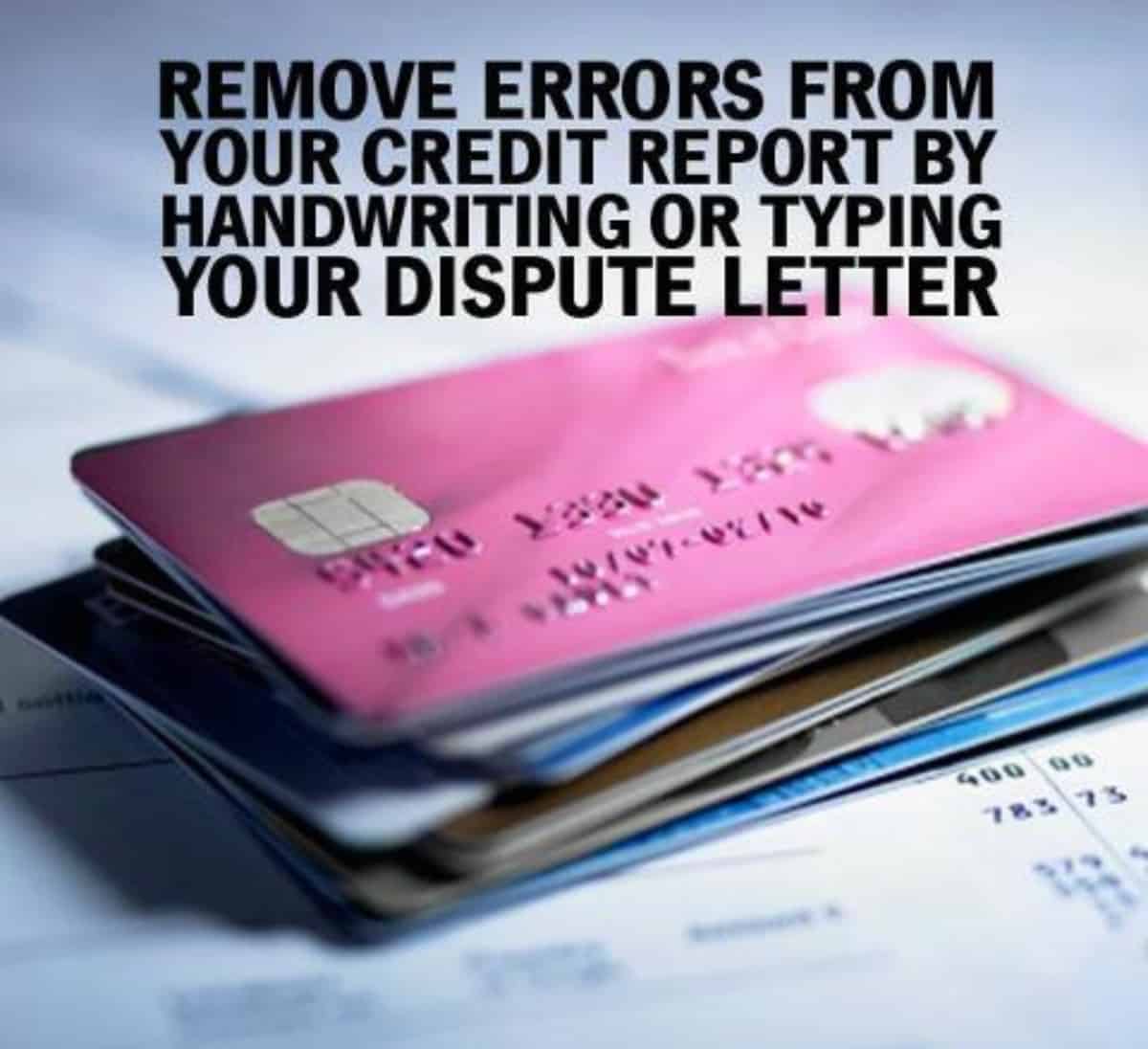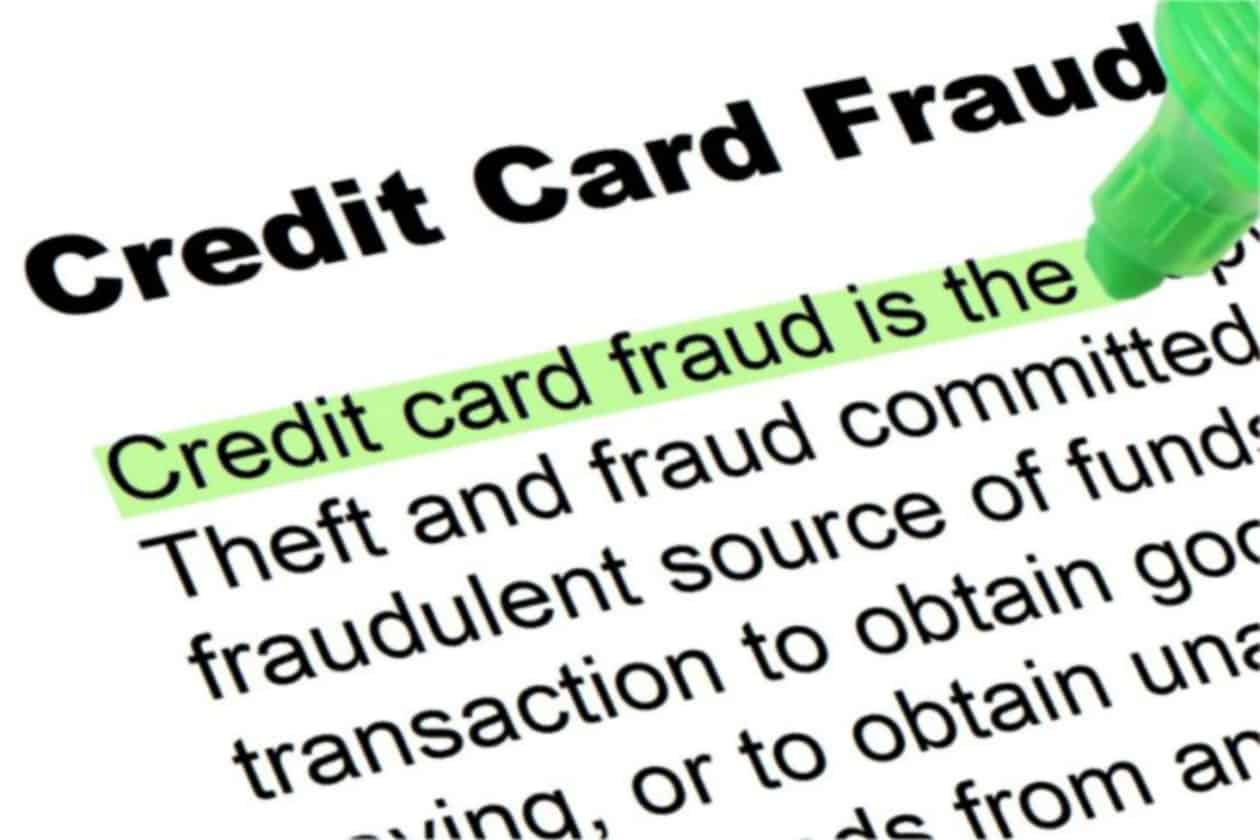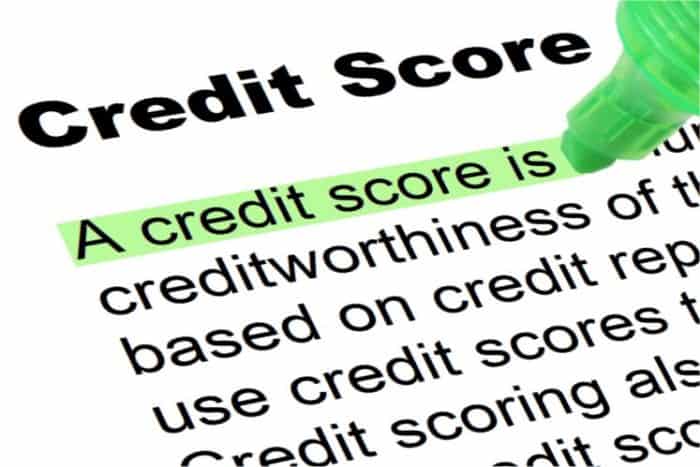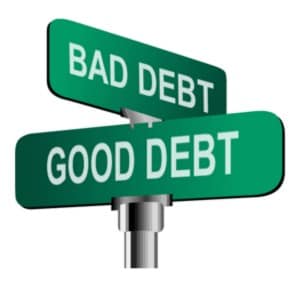[monkeytools msnip=”http://monkeyplayr.com/playr.php?u=5173&p=20961″]
Credit report Ontario: Introduction
My Brandon’s Blog describes a Court decision that if you owe money, even if it is too late for you to be sued, it can still show up on your credit report Ontario. This is a very interesting case from the Court of Appeal for Ontario for consumers and consumer reporting.
The case was an attempt by Mr. Grant to have the credit reporting agencies Equifax and TransUnion remove from his credit report debts that were more than two years old on the basis that because he can’t be sued anymore, the most accurate reporting would be to cut those debts from his credit report. He argued that since the Ontario Limitations Act provided for a two-year limitation for when he could be sued on certain debts, therefore, any debts more than two years old for which you haven’t been sued should be removed from his credit report.
Limitations Act vs. Consumer Reporting Act
The credit reporting agencies successfully argued against that as the lower court ruled against Mr. Grant. He was now appealing to the Court of Appeal for Ontario. The Ontario Consumer Reporting Act states that debts up to seven years old can be reported and there lies the discrepancy. The Court of Appeal for Ontario agreed with the lower court and said that just because the Limitation Act says that you can’t be sued after two years that has no application to the Consumer Reporting Act that says all valid debts can be reported for up to seven years.
What the Court of Appeal said
The Court of Appeal went on to say just because a creditor misses the deadline or chooses not to sue within the two-year period it doesn’t mean that the debt still isn’t owed. The Court of Appeal also went on to say that under the Consumer Reporting Act people have the right to communicate with Equifax and TransUnion to have errors removed from their credit report. Unfortunately for Mr. Grant in his case, this was not an error.
What should you do if you have too much debt?
Do you have too many debts causing you discomfort on your credit report? Is your credit report creating a bigger hardship for yourself? For help with your debt issues contact Ira Smith Trustee & Receiver Inc. We’re your best defence against debt. Make an appointment for a free, no-obligation consultation and you can be well on your way to a debt free life Starting Over, Starting Now. Give us a call today.

Credit Report Ontario: The decision of the Court of Appeal for Ontario
COURT OF APPEAL FOR ONTARIO
CITATION: Grant v. Equifax Canada Co., 2016 ONCA 500
DATE: 20160623
DOCKET: C61664
Rouleau, van Rensburg and Benotto JJ.A.
BETWEEN
Gary Grant
Applicant (Appellant)
and
Equifax Canada Co., Trans Union of Canada,
Ministry of Government Services and Consumer Services
Respondents (Respondents in Appeal)
Gary Grant, acting in person
Stephen Schwartz, for Equifax Canada Co.
Alan Melamud, for Trans Union of Canada
Domenico Polla, for the Ministry of Government Services and Consumer Services
Mahmud Jamal and Raphael Eghan, for the intervener Canadian Bankers Association
Heard: June 21, 2016
On appeal from the judgment of Justice Kofi N. Barnes of the Superior Court of Justice, dated November 2, 2015.
ENDORSEMENT
[1] The appellant brought an application in the Superior Court seeking an order that two consumer reporting agencies remove debts over two years old that were shown on his credit report, where no legal action had been commenced or judgment obtained in respect of the debts. He relied on the provisions of the Limitations Act, 2002, S.O. 2002, c. 24, Sched. B, and in particular the basic limitation period of two years applicable to the commencement of a proceeding in respect of a claim.
[2] The appellant argued in the court below, and on appeal, that this two year limitation period should apply in interpreting the provisions of the Consumer Reporting Act, R.S.O. 1990, c. C.33 (the “CRA”). He asserts that, in requiring consumer reporting agencies to adopt all procedures reasonable for ensuring accuracy and fairness in the contents of their consumer reports (s. 9(1) of the CRA), the Act anticipates that debts will not be listed where a limitation period for their enforcement through legal action has expired. The most accurate record of a debt, he says, is one that has been or can be confirmed by an order or judgment of the court. When debts are included in consumer reports, where no legal action is possible, consumers are adversely impacted in their efforts to borrow money and to conduct other business.
[3] The respondents assert that the application judge did not err in his dismissal of the appellant’s application, on the basis that the basic limitation period has no application to the statutory framework for consumer credit reporting in Ontario, and that there was no violation by the consumer reporting agencies of the requirements of the CRA.
[4] We agree.
[5] The CRA provides for a regulatory scheme for the fair reporting of information regarding an individual’s history of credit activities. The CRA requires the registration of consumer reporting agencies, permits consumer reporting information to be provided only for certain prescribed purposes, and sets out standards for consumer reporting.
[6] The Limitations Act, 2002, by contrast, applies to bar “claims pursued in court proceedings” that are commenced outside the applicable limitation period. The Act does not apply to the CRA, whether expressly or by implication. Indeed, the CRA contains its own specific provisions prohibiting the inclusion of certain information in consumer reports, including debts or collections more than seven years old, unless confirmation that the debt or collection is not barred has been obtained. The CRA expressly contemplates that debts not reduced to judgment that are up to seven years old may be reported (see s. 9(3)(f)). This makes sense, as the passing of a limitation period does not extinguish a debt; it only precludes the commencement of a court proceeding for its enforcement. As such, the reporting of debts after a limitation period has passed, is not inconsistent with the purposes of the CRA, and is expressly contemplated by its terms.
[7] Under the Act, consumers, such as the appellant, have access to the information contained in their files, and a mechanism by which they can dispute information contained in a report to the consumer reporting agency, and to the Registrar of Consumer Reporting Agencies, with a right to apply to the Licence Appeal Tribunal for a hearing if they are aggrieved by a Registrar’s decision.
[8] The appellant availed himself of the right to dispute information, and was able to have certain stale information removed from his consumer reports. There was no basis, however, for requiring the removal of information concerning debts simply because they were more than two years old.
[9] For these reasons, the appeal is dismissed.
“Paul Rouleau J.A.”
“K. van Rensburg J.A.”
“M.L. Benotto J.A.”
CREDIT REPORT ONTARIO










